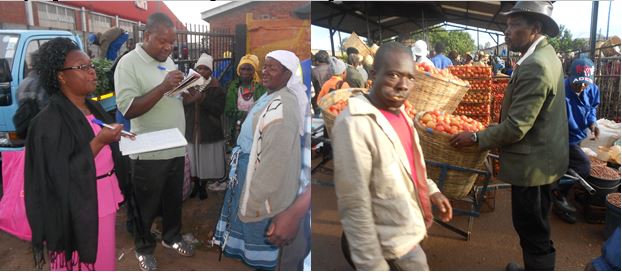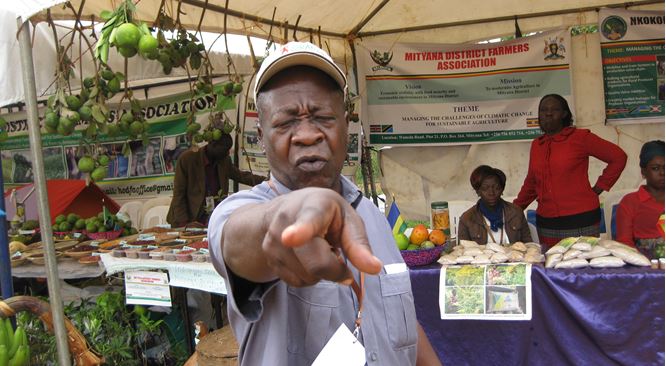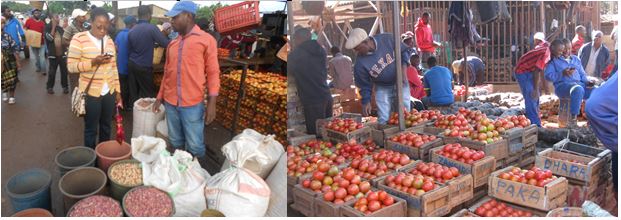What if big organizations no longer have monopoly on knowledge?
Unprecedented disruption affecting the food retail sector across the globe is also spilling over into the knowledge industry. For some of the world’s biggest knowledge brokering organizations, gone are the days when a logo was enough to lure funding and command brand loyalty. For example, sources of agricultural and financial knowledge have become so diverse Read more about What if big organizations no longer have monopoly on knowledge?[…]










